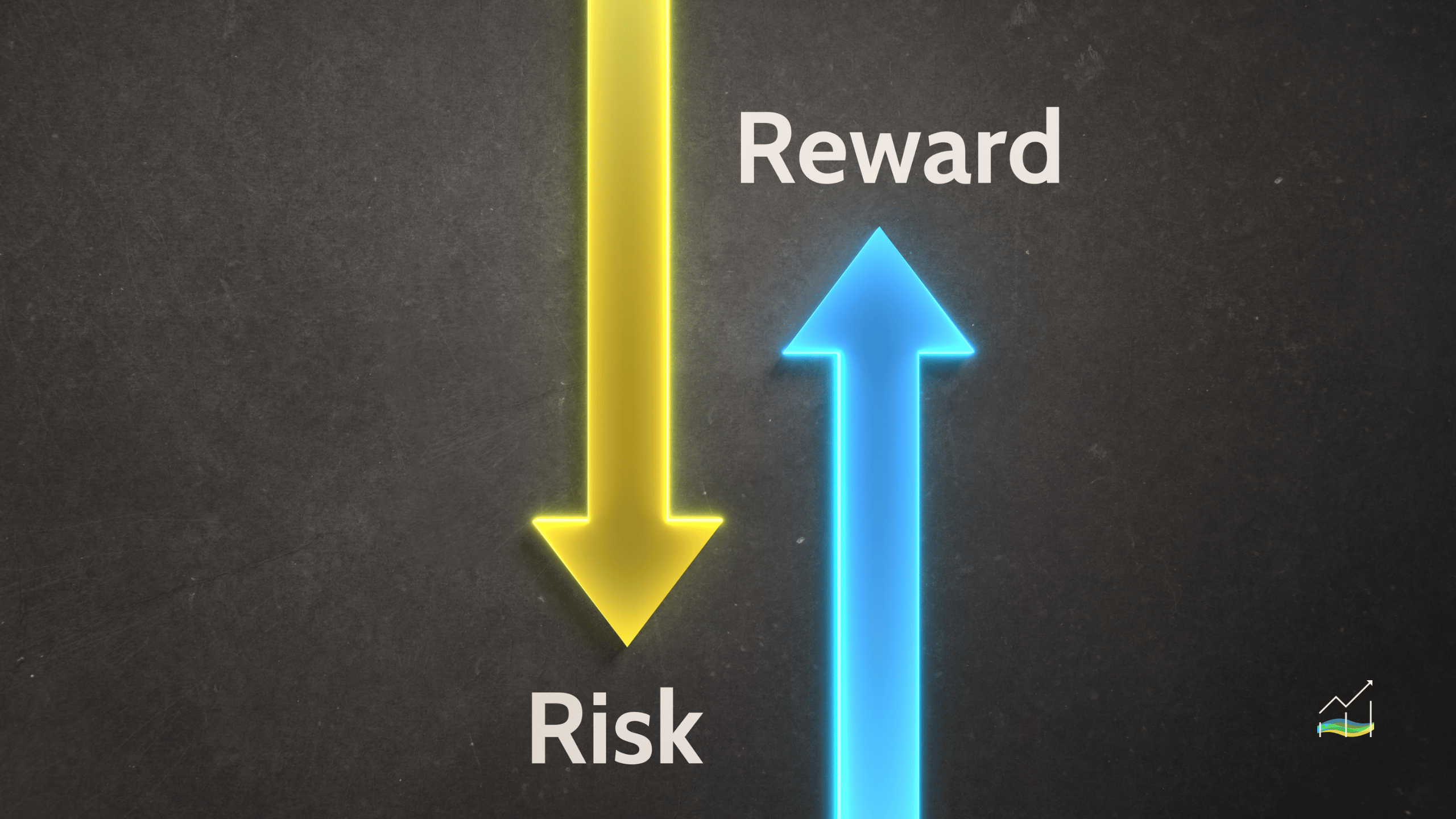12/02/2025 Traders Mindset

How to Develop an Anti-Fragile Trading Mindset
Key Takeaways:
- Anti-fragility is about thriving under pressure, not just surviving.
- Develop emotional resilience by embracing challenges in trading.
- Focus on adapting and learning from mistakes to become stronger.
- Practice patience and perseverance in the face of setbacks.
- Shift your mindset from avoiding risks to managing them effectively.
Embrace Challenges and Setbacks

In trading, losses are inevitable. However, instead of viewing them as failures, see them as opportunities for growth. Every time a trade doesn’t go as planned, there’s a lesson to be learned. Take a moment to reflect on what went wrong, what could have been done differently, and how you can apply that knowledge moving forward.
A relatable example: Imagine you’re in a trade and the market turns against you. Instead of feeling defeated, you pause and assess the situation. You review your strategy, the market conditions, and your own emotional response. By doing this, you become more aware of what works and what doesn’t, and you’re better prepared for the next challenge.
Shift Your Focus to Adaptation

Anti-fragility isn’t about avoiding risks; it’s about managing them and adapting to them. When you accept that the market is unpredictable, you’ll find that your ability to adjust to changing circumstances will serve you well. Focus on the process of adaptation—how you can modify your strategies and reactions based on what the market throws at you.
For example, during a highly volatile market phase, a trader might adjust their position size or use stop losses to manage risk. Instead of reacting emotionally, they lean into their ability to adjust and stay in control.
Build Emotional Resilience

Trading is a psychological battle, and developing emotional resilience is key. When faced with a loss or an unexpected market move, it’s easy to become anxious or frustrated. However, an anti-fragile mindset encourages you to process these emotions constructively. Instead of letting them dictate your decisions, you learn to use them as signals to assess your strategy or mindset.
A practical approach is to create routines that help you maintain emotional balance. For instance, taking a few minutes to breathe deeply or journaling after each trade can help you understand your emotional responses and regulate them.
Cultivate Patience and Perseverance

Developing an anti-fragile mindset requires patience. The journey isn’t about quick wins; it’s about consistent effort over time. It’s easy to want immediate results, but in trading, sticking to your plan and trusting the process is often more rewarding than chasing the next big opportunity.
Think of a trader who consistently follows their strategy, even when market conditions seem to be against them. Over time, their patience pays off because they’ve built a strong, disciplined foundation for their trading practices. They understand that short-term setbacks don’t define their long-term success.
Learn to Manage Risk Instead of Avoiding It

One of the central tenets of anti-fragility is managing risk, not avoiding it altogether. Every trader faces risk, but the key is how you handle it. By being proactive and taking steps to protect your capital, such as using stop-loss orders or diversifying your trades, you’re building a robust trading strategy that can withstand adversity.
For instance, if a trader regularly practices risk management by setting realistic stop losses and position sizes, they are not only protecting their capital but also gaining confidence in their ability to navigate both calm and turbulent market conditions.
© 2025 SKONE Enterprise (003319453-V). All rights reserved.
The content on this site is for informational purposes only and does not constitute financial advice.


